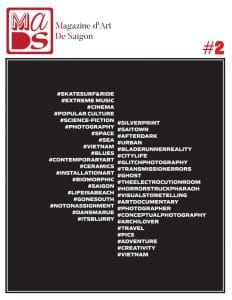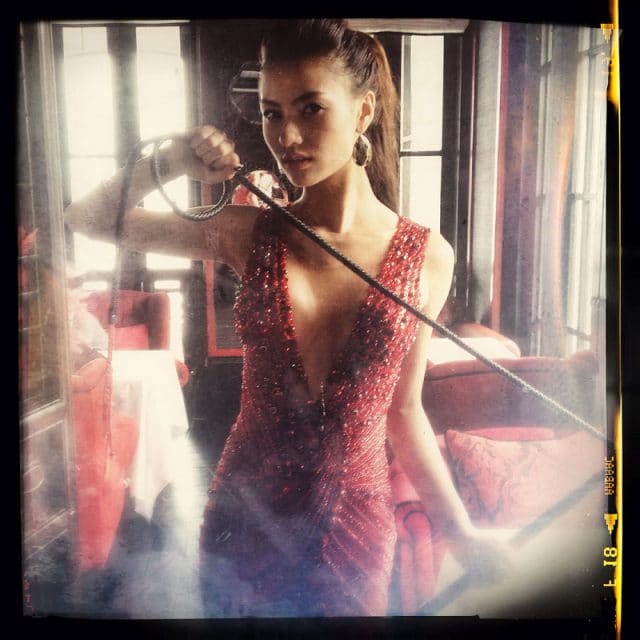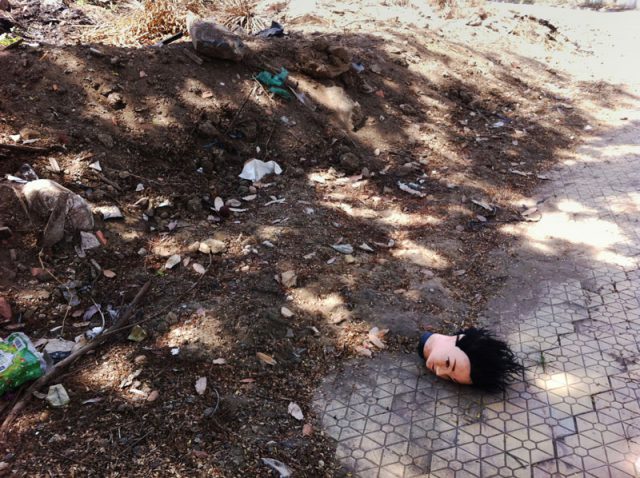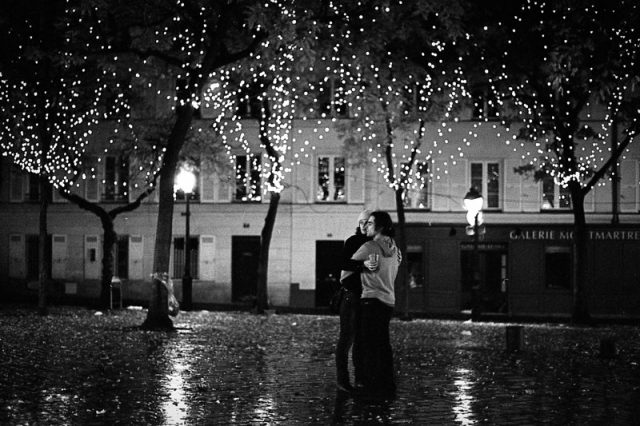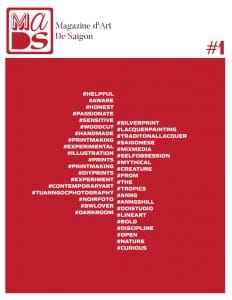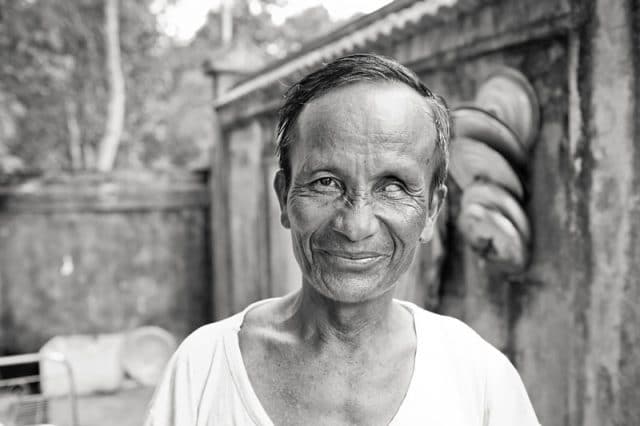Morgan Ommer
Photography to you means: A way of life.
When I frame the image: I hold my breath.
A camera is: The missing link between my right eye and my thumb or forefinger (right hand).
If you are careful and compassionate, any camera will do to tell a story, including your phone.
Please tell us about yourself. Where you are from and other tidbits.
My name is Morgan Ommer, I was named after a pirate, or … after an English luxury car, depending on whom and when you ask. I was born and brought up in Paris. I’ve since lived in different places, but I love Vietnam. Driving a moped here is fantastic.
Your first camera?
My father gave me a Minolta when I was 12. When I was 16, I lost it on a train to Cologne. Stolen… Later I inherited a little money and I bought a rangefinder from a German camera brand. I still use that camera today.
What made you choose this medium?
I cannot sing, or draw, I find writing painful, a friend of mine persuaded me to overcome my reticence to take pictures just because my father is a well-known photographer… I believed him, so here we are.
What made you choose this project?
I often get asked, “what is a good camera?”
Having never worked in a camera shop, I actually don’t know the answer to that question. My answer tends to be “what is happiness?” Then I decided to test what Eve Arnold said about the camera’s “The instrument is not the camera but the photographer.”
What do you want to tell?
If you are careful and compassionate, any camera will do to tell a story, including your phone.
What inspired you?
Streetlife mostly.
What was the main obstacle you faced?
The phone camera I use is not always a very good camera 😉
When and where did you capture these images?
Over the past 4 years, in the street of Hanoi, Ho Chi Minh City, Danang, I even shot an actual fashion series with models, lights, makeup, dresses at a resort in Central Vietnam.
What made you fall in love with photography?
Counting, for me, is an issue, so is spelling.
Dancing or painting were definitely out, for I’m rhythmically challenged, have 2 left hands and no sense of perspective or direction.
I did, however, feel an urge to express myself, so photography seemed an accessible solution. It took a while, but eventually, I taught myself how to click the button when I saw something. Now I love it.
Who inspires you?
Stanley Kubrick, Wong Kar Wai, Imura Ihei, Raghubir Singh, some of the Magnum boys and girls, Boris Vian, Rene Magritte, my uncle Bob and sometimes my mother.
What is your advice to other artists?
Persevere, don’t stop.
What was your hardest assignment and why?
Shooting in the Himalaya’s was hard. Not enough oxygen and I’m scared of heights.
